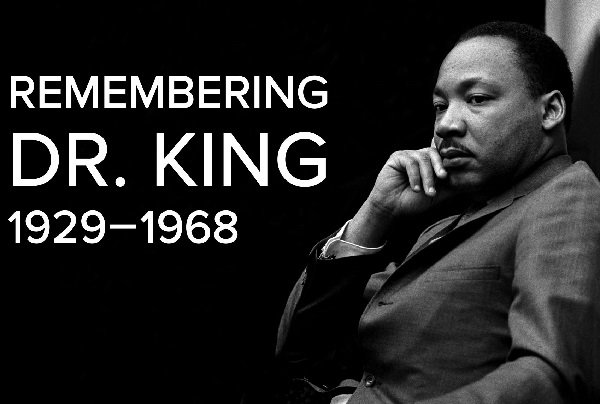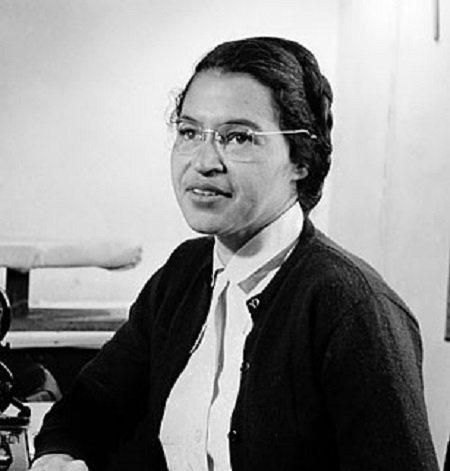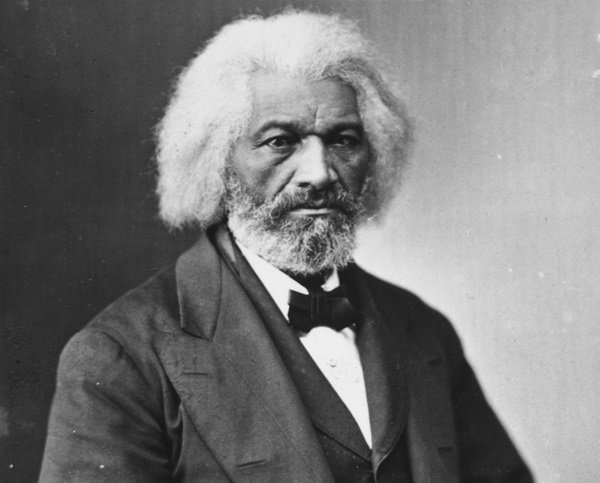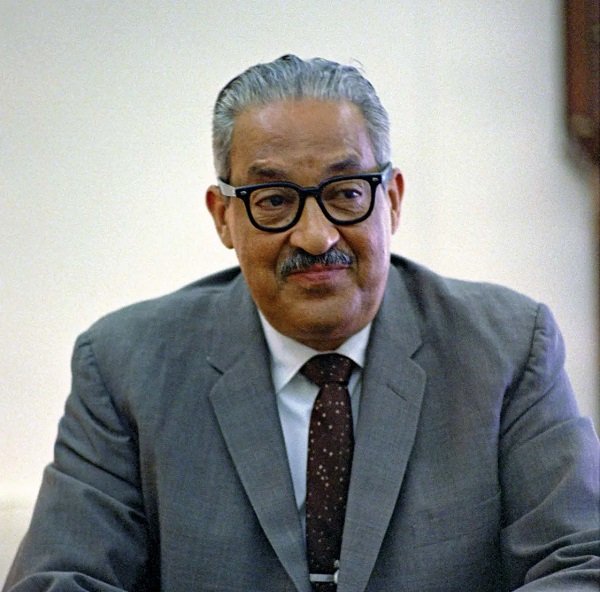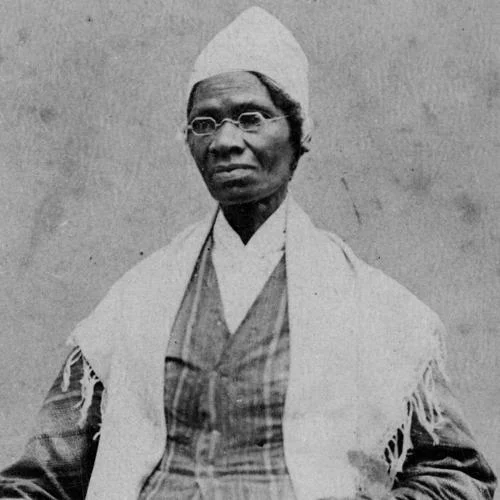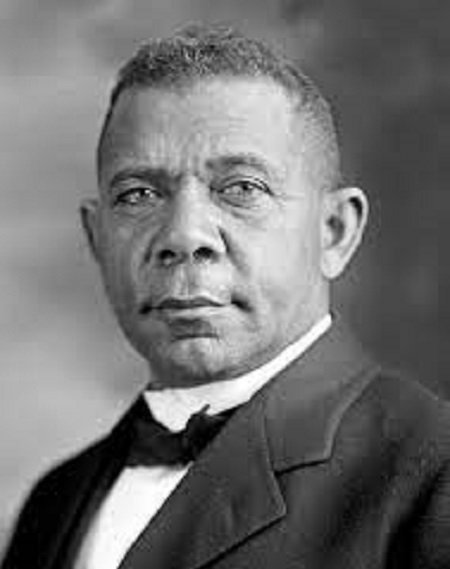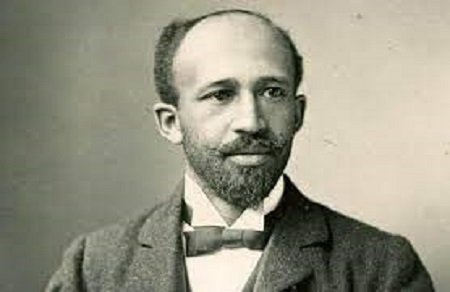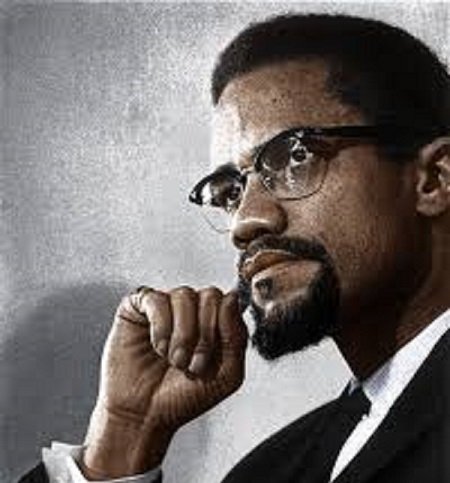The history of the United States is profoundly intertwined with the contributions and legacies of African Americans. From civil rights champions to groundbreaking artists and influential leaders, these 11 individuals have left an indelible mark on American society. Their tireless efforts and unwavering determination have pushed boundaries, shattered barriers, and paved the way for a more inclusive and equitable nation. Through their activism, intellect, creativity, and courage, they have challenged systemic racism, fought for equal rights, and inspired generations. The stories of these remarkable African Americans stand as testaments to resilience, progress, and the enduring power of the human spirit.
Martin Luther King Jr. (1929-1968)
Martin Luther King Jr., born on January 15, 1929, in Atlanta, Georgia, was an iconic figure in American history. As a Baptist minister and civil rights leader, King dedicated his life to advocating for racial equality and justice through nonviolent means. His eloquent speeches, most notably the legendary “I Have a Dream” speech delivered during the historic March on Washington in 1963, resonated with millions across the nation and beyond. King’s tireless activism and organizing efforts played a pivotal role in landmark events such as the Montgomery Bus Boycott and the Selma to Montgomery marches. His commitment to nonviolence, combined with his unwavering pursuit of justice, transformed the civil rights movement and inspired generations to strive for a more equitable society. Tragically, he was assassinated on April 4, 1968, but his legacy as a symbol of hope, peace, and progress endures, continuing to inspire individuals in their quest for a more inclusive and just world.
Harriet Tubman (c. 1822-1913)
Harriet Tubman, born around 1822 in Maryland, was an extraordinary African American abolitionist and humanitarian. Born into slavery herself, Tubman escaped in 1849 and subsequently became one of the most prominent conductors of the Underground Railroad—a clandestine network that facilitated the escape of enslaved individuals to freedom. Risking her life repeatedly, Tubman made approximately 13 dangerous missions back to the South, liberating hundreds of enslaved people. Her courage, resourcefulness, and unwavering commitment to justice made her a revered figure during her time and beyond. Tubman’s legacy extends far beyond her involvement with the Underground Railroad, as she later became an advocate for women’s suffrage and an outspoken activist for the rights of African Americans. Her remarkable life and achievements continue to inspire and serve as a testament to the resilience and strength of the human spirit.
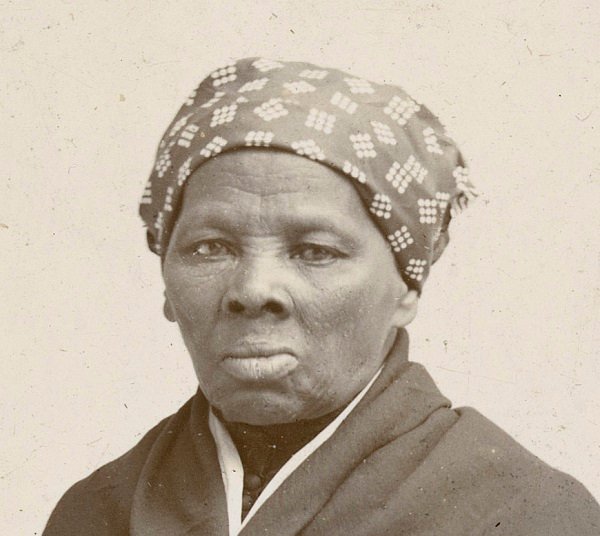
Rosa Parks (1913-2005)
Rosa Parks, born on February 4, 1913, in Tuskegee, Alabama, became an influential figure in the civil rights movement through a single act of defiance. On December 1, 1955, Parks, a seamstress, and NAACP member, refused to give up her seat to a white passenger on a segregated bus in Montgomery. Her courageous act sparked the Montgomery Bus Boycott, a pivotal moment in the fight against racial segregation. Parks’s resolute stand inspired a wave of protests and catapulted her into the national spotlight as an emblem of resistance against discrimination. Her bravery, coupled with her lifelong commitment to justice and equality, continued to shape the civil rights movement. Rosa Parks’s legacy as a catalyst for change endures, reminding us of the power of individual action to ignite significant social transformations.
Frederick Douglass (c. 1818-1895)
Frederick Douglass, born into slavery around 1818 in Talbot County, Maryland, rose to become one of the most prominent figures in the abolitionist movement. His journey from enslavement to becoming a renowned writer, orator, and statesman showcased his indomitable spirit and unwavering commitment to freedom and equality. Douglass’s powerful speeches, including his famous “What to the Slave is the Fourth of July?” address, exposed the harsh realities of slavery and called for its abolition. His autobiography, “Narrative of the Life of Frederick Douglass, an American Slave,” shed light on the inhumanity of slavery and became a seminal work of African-American literature. As an advocate for women’s rights, education, and political representation, Douglass’s legacy transcends the fight against slavery, leaving an enduring impact on civil rights and social justice movements. His intellectual brilliance, resilience, and dedication continue to inspire and shape our understanding of the pursuit of liberty and equality.
Barack Obama (born 1961)
Barack Obama, born on August 4, 1961, in Honolulu, Hawaii, made history as the 44th President of the United States and the first African American to hold the highest office in the nation. Obama’s presidency marked a momentous milestone in American history, symbolizing progress and inclusivity. His eloquence, charisma, and message of hope resonated with people worldwide. During his two terms in office, Obama tackled significant challenges, such as the economic recession and the implementation of the Affordable Care Act. His administration advocated for equality, including landmark achievements like the legalization of same-sex marriage nationwide. Obama’s presidency also represented a symbol of inspiration for marginalized communities, breaking barriers and providing a shining example of leadership. Beyond his political achievements, Obama’s impact as a role model continues to encourage a new generation of leaders to strive for excellence and positive change.
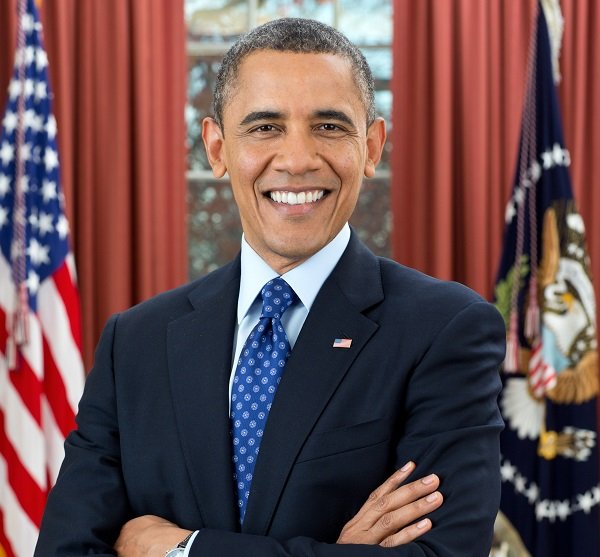
Thurgood Marshall (1908-1993)
Thurgood Marshall, born on July 2, 1908, in Baltimore, Maryland, was a trailblazing figure in American history. As the first African-American Supreme Court Justice, Marshall played a pivotal role in advancing civil rights and promoting equality under the law. His relentless pursuit of justice began long before his appointment to the Supreme Court, as he successfully argued the landmark case of Brown v. Board of Education before the Court, leading to the desegregation of public schools. Throughout his career, Marshall fought tirelessly against racial discrimination and advocated for the protection of individual rights. His sharp legal mind, strategic brilliance, and unwavering dedication to equality made him a formidable force in the courtroom and a symbol of hope for marginalized communities. Marshall’s legacy continues to shape American jurisprudence and serves as a reminder of the transformative power of the law in the pursuit of justice.
Sojourner Truth (c. 1797-1883)
Sojourner Truth, born around 1797 in Ulster County, New York, was a remarkable African American abolitionist, women’s rights activist, and advocate for social justice. Escaping slavery in 1826, she became a powerful and captivating speaker, using her own experiences to shed light on the horrors of slavery and fight for its abolition. Truth is best known for her powerful “Ain’t I a Woman?” speech, delivered at the 1851 Women’s Rights Convention in Ohio, where she eloquently challenged the prevailing notions of gender and racial inequality. Her passionate advocacy for the rights of both African Americans and women made her an influential figure in the intersectional struggle for equality. Truth’s tireless activism, resilience, and commitment to justice continue to inspire generations, leaving an enduring legacy in the ongoing fight for civil rights and social change.
Booker T. Washington (1856-1915)
Booker T. Washington, born on April 5, 1856, in Hale’s Ford, Virginia, emerged as a prominent leader and educator during a challenging period in American history. As the founder of the Tuskegee Institute, Washington dedicated his life to promoting vocational training and economic self-sufficiency for African Americans. He believed that by acquiring practical skills, Black individuals could gain economic independence and eventually achieve social equality. Washington’s philosophy of gradualism and accommodation, known as the “Atlanta Compromise,” advocated for African Americans to focus on economic advancement rather than directly challenging segregation and discrimination. While his approach garnered both praise and criticism, his influence was undeniable. Washington’s educational efforts, public speaking, and writings made him one of the most influential figures of his time. His contributions laid the groundwork for the later civil rights movement and opened doors for generations of African Americans seeking education and economic empowerment.
W.E.B. Du Bois (1868-1963)
W.E.B. Du Bois, born on February 23, 1868, in Great Barrington, Massachusetts, was a visionary scholar, sociologist, and civil rights activist. Du Bois dedicated his life to dismantling racial discrimination and promoting equality for African Americans. As a co-founder of the National Association for the Advancement of Colored People (NAACP) in 1909, he played a crucial role in advocating for civil rights and combating racial injustice. Du Bois’s groundbreaking sociological studies, such as “The Souls of Black Folk,” explored the complexities of race, identity, and the experiences of African Americans in America. He fought against racial segregation, promoted education, and vehemently spoke out against discrimination. Du Bois’s intellectual brilliance, tireless activism, and commitment to social justice left an indelible mark on the civil rights movement and continue to inspire generations in the ongoing struggle for racial equality.
Maya Angelou (1928-2014)
Maya Angelou, born on April 4, 1928, in St. Louis, Missouri, was a multifaceted artist, poet, author, and civil rights activist. Her powerful and evocative writings explored themes of identity, resilience, and the African-American experience. Angelou’s autobiography, “I Know Why the Caged Bird Sings,” broke new ground by openly discussing issues of race, trauma, and womanhood. Her poetry, including the iconic “Still I Rise,” celebrated the strength and spirit of African Americans. Angelou’s words resonated with millions, transcending the boundaries of race and inspiring people around the world. She used her platform to advocate for civil rights and social justice, working closely with figures such as Martin Luther King Jr. and Malcolm X. Maya Angelou’s contributions to literature, her unapologetic voice, and her unwavering commitment to uplifting marginalized communities continue to make her a revered figure in American history and a source of inspiration for generations to come.
Malcolm X (1925-1965)
Malcolm X, born on May 19, 1925, in Omaha, Nebraska, was a prominent human rights activist, leader, and influential voice in the struggle for racial equality. As a member of the Nation of Islam, Malcolm X advocated for Black empowerment, self-defense, and the rejection of white supremacy. His powerful speeches, such as “The Ballot or the Bullet,” challenged the systemic racism and oppression faced by African Americans. After a transformative pilgrimage to Mecca, Malcolm X embraced a broader vision of racial harmony and equality. He became an advocate for unity among all races and sought to address the root causes of social injustice. Malcolm X’s courage, charisma, and commitment to justice made him an icon of the civil rights movement. His tragic assassination on February 21, 1965, left a void but his legacy as a fearless advocate for human rights and a symbol of resistance and empowerment lives on.
Conclusion
The 11 most important African Americans in U.S. history have left an indelible imprint on the nation’s fabric. From the tireless efforts of Martin Luther King Jr. and Rosa Parks in the civil rights movement to the groundbreaking achievements of figures like Harriet Tubman, Frederick Douglass, and Thurgood Marshall, their contributions have shaped the course of American history. These individuals, along with others like Barack Obama, Sojourner Truth, Booker T. Washington, W.E.B. Du Bois, Maya Angelou, and Malcolm X, have inspired generations with their resilience, courage, and unwavering pursuit of justice and equality. Their legacies serve as beacons of hope, reminding us of the transformative power of activism and the ongoing struggle for a more inclusive and equitable society.
 Skip to content
Skip to content
